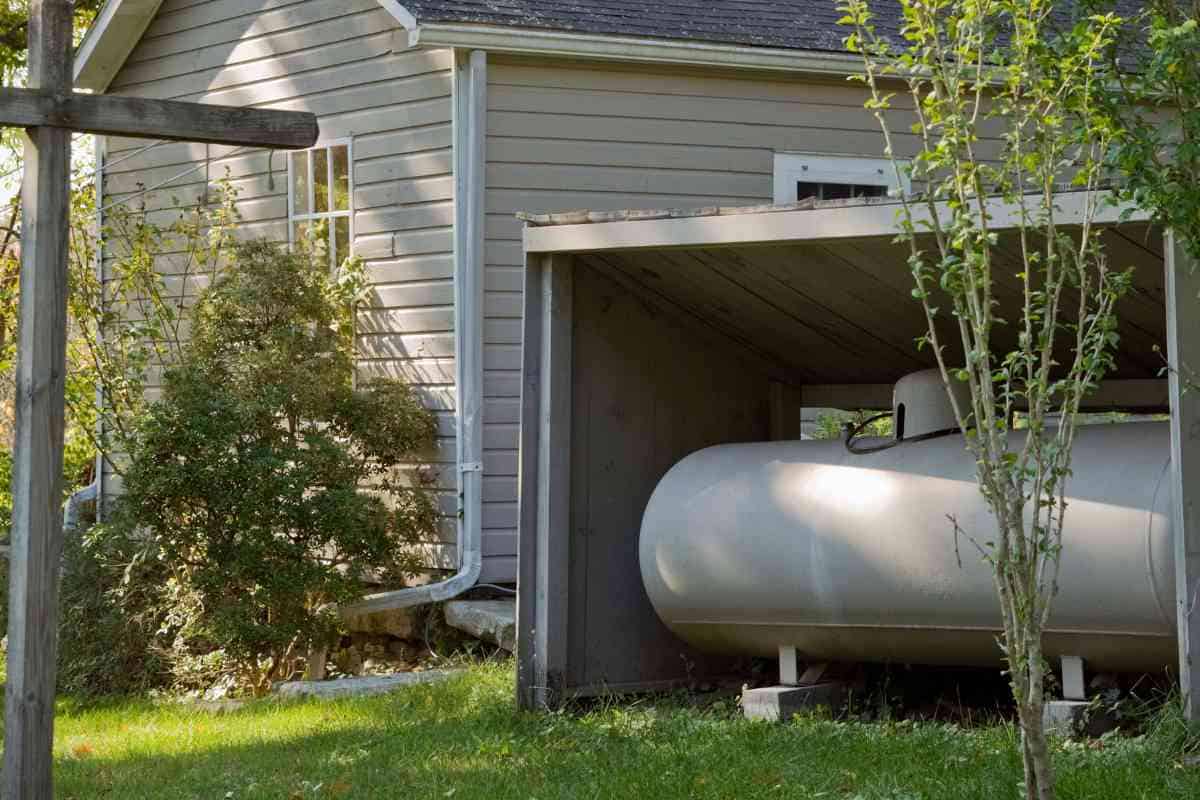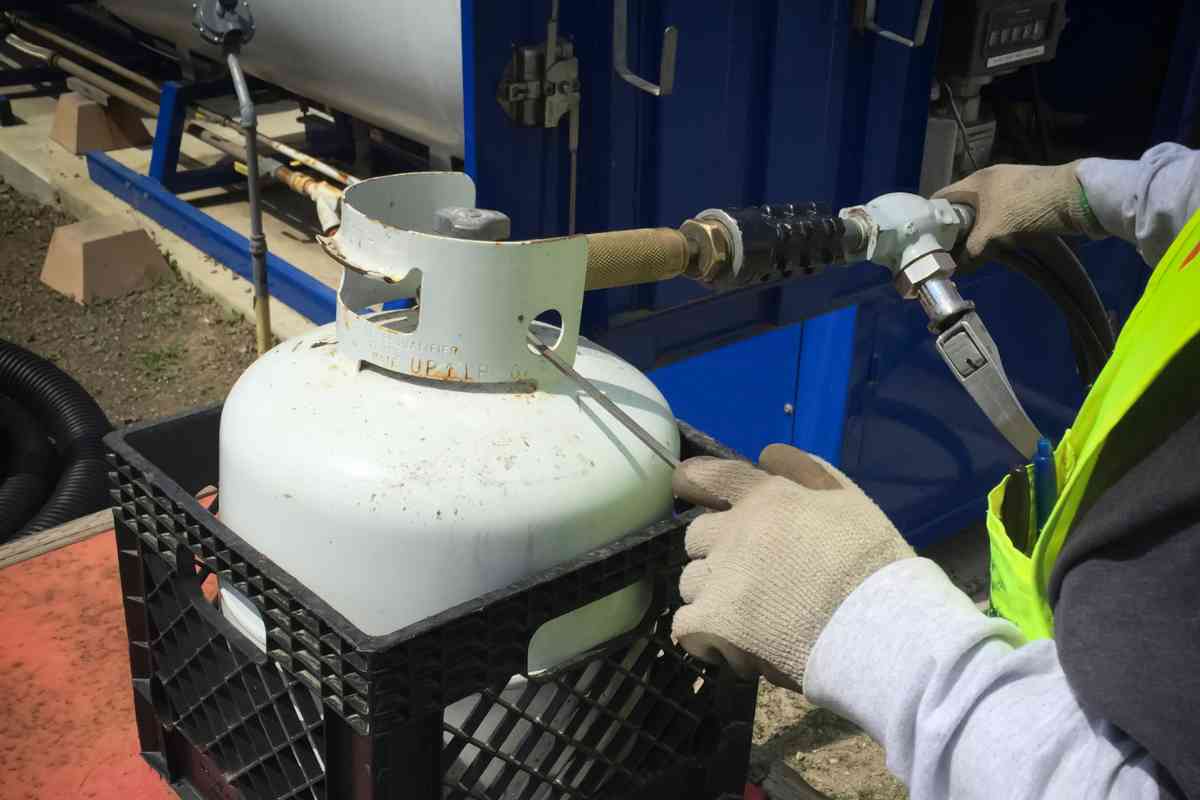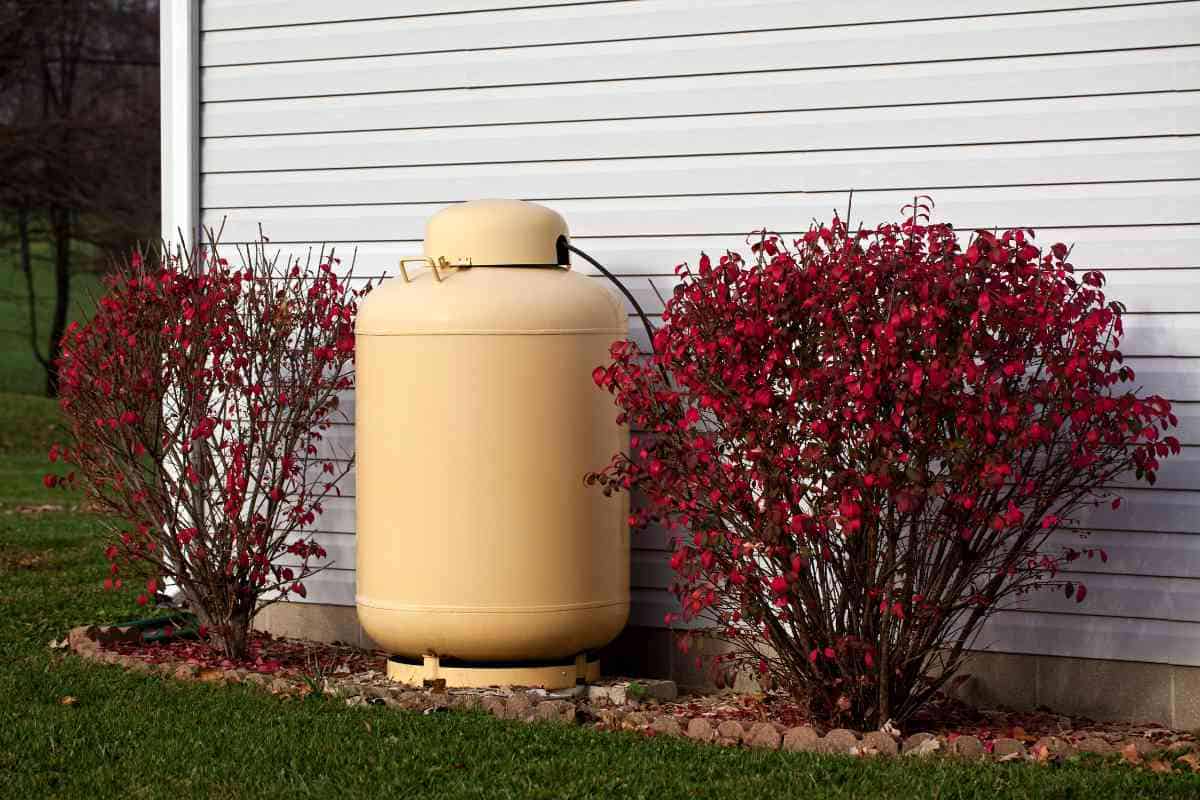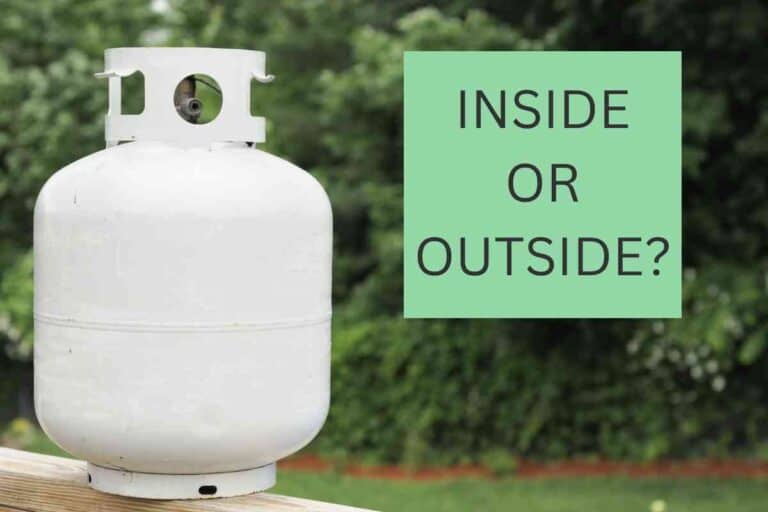Is It Safe To Leave A Propane Tank In The Car?
Discover why leaving a propane tank in a hot car could be a risky oversight; we’re diving into the crucial safety facts you need to know before your next trip.

Can you leave a propane tank in the car?
Propane can be in your vehicle with a few exceptions: You should not leave it in the vehicle for a long time, or when the vehicle has the potential to get very hot inside. A propane tank can well – and potentially explore under excess heat.
Most people who head to the hardware store or gas station to pick up a tank of propane will have to put the propane tank in a vehicle at some point.
With that said, storing your propane tank in a vehicle for a short period is fine, but you’ll want to do a couple of things to generally keep your propane tank safe during transport:
- Only transport the tank upright. Secure it with another object or find a way to pin it in, even with a seatbelt.
- Give ventilation. If you have to transport a propane tank in your trunk, try to keep the trunk popped open and secure it with a rope or bungee cord. The opening can provide the extra air the tank needs to keep from heating up too much.
| Interested In Propane Temperature Swings? |
| How Cold Is Too Cold To Leave A Propane Tanke Outside In Winter? |
When should I avoid keeping a propane tank in my car?
Is the weather in your area a bit hot? Like 90-plus degrees in the summer? You should avoid keeping a propane tank in the car as much as possible in this kind of weather.
The reason why is that propane is a gas that can expand at 120 degrees or more. A propane tank stored in a car with closed windows and no air conditioning can quickly reach 120 degrees or more – and have the potential to rupture or even explode.
You should also know that a propane tank does have a relief valve which is meant to vent some propane and pressure in the event of too much heat – but it can also fail and cause a problem.
If you are on a long trip and happen to carry a propane tank with you, one simple solution is to simply leave a window part of the way open so that the car can ventilate.
Another suggestion is to bring the propane tank to your final destination soon just to get a can of explosive gas out of your vehicle.
Propane tank transport safety tips

We have a few general suggestions, given the knowledge that a propane tank can rupture or potentially explode at temperatures of 120 degrees or higher:
- On a hot day, make the propane tank the last thing you pick up. Don’t have stops afterward.
- If you do have to pick up a propane tank on a hot day, and it can’t be your last stop, leave a window cracked
- Transport a propane tank securely in the bed of a truck when you can. Be sure to fasten it down with rope.
How does a propane tank sit outside in the heat at 120 degrees?
You might know that parts of Texas and other places in the south can, once in a while, exceed 120 degrees.
The big difference here that keeps a propane tank from exploding in your backyard or RV park? Ventilation.
Propane tanks are well-designed – and generally painted white or gray, to allow some of the sun’s harsh rays to bounce off and keep the exterior cool
The larger issue with the inside of a vehicle is that windows can cause a greenhouse effect that can result in temperatures that rise rather quickly.
On a sad, more serious note – this is why people are no longer allowed to legally leave a kid in the car on a hot day – it gets hot pretty fast!
Much of the temperature increase happens within the first few minutes – so we don’t even suggest leaving a propane tank in your vehicle while you run into the grocery store – you might come back to something bad!
What happens when a propane tank gets too hot?

Hot causes propane to expand and push on the edges of the tank.
Noting again that propane tanks do have safety valves that will ventilate some gas when the pressure is too high – you still don’t want that in your vehicle!
One of three things can happen: The safety valve could require replacement which likely results in buying a new propane tank for most – the propane tank could rupture – which is again not great for replacing the tank. Third, and rarely, if the safety valve fails and pressure gets high end, you could have an explosion including a fireball in your car.
Just know that there are safety mechanisms in place to prevent this – and an explosion is unlikely – though the result can literally wreck your car and the one next to it.

Related Posts
- Do Propane Tank Gauges Go Bad?
- Propane Tank Making A Ticking Noise?
- Propane Tank Whistling Noise
- Is It Safe To Leave A Propane Tank In The Car?
- How Long Do Propane Tanks Last?
- Will Too Much Heat Make A Propane Tank Explode?
- The Reason Why Propane Tanks Get Cold
- Selling Old Propane Tanks For Cash: What You Need To Know
- Here’s How Many Times A Propane Tank Can Be Recertified
Key Takeaways
- We don’t suggest keeping a propane tank in your car, especially on a hot day.
- The result can be rupturing, leaking, or even exploding.
- The best way to keep a propane tank in a vehicle is within a ventilated trunk or the truck bed.
- When traveling or doing errands with a propane tank, try to pick up the propane tank last.
- While driving with a propane tank, store it in an upright position to prevent leaks or ruptures.






